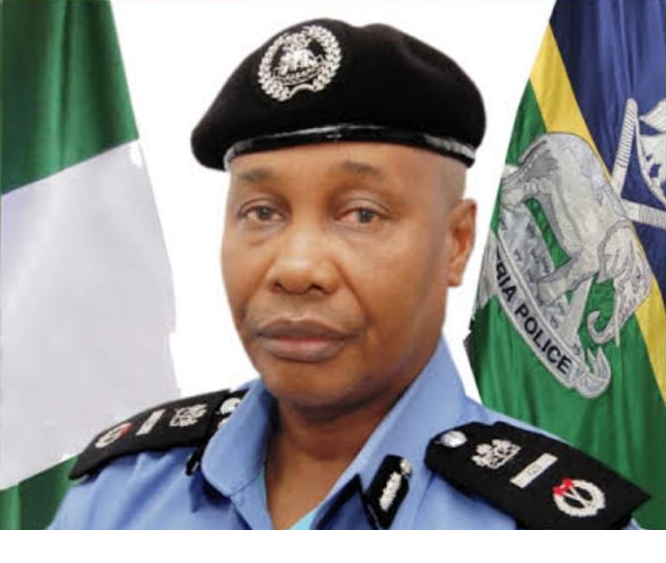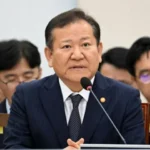Penultimate week, London Metropolitan Police Commissioner, Cressida Dick, resigned her post for following accusations by the Mayor of London, Sadiq Khan, over her poor handling of cases of bullying, racism, and misogyny in the force she led. In the Nigeria Police Force, we are dealing with a far worse situation. The allegations of criminal misconduct against the suspended Deputy Commissioner of Police, Mr Abba Kyari—for conspiring with internet fraudsters and for drug dealing—are matters of both internal discipline in the police and of the rule of law. Kyari and his alleged co-conspirators will answer to these as individuals, as investigations and probable prosecution by the relevant authorities ensue.
By far more important, however, is the institutional matter of how the leadership of the police has handled both cases, which, therefore, raises questions about acceptable standards in public life and the moral burden of leadership. On these, the unexplainable delays and bungled police investigations; the absurdly weak recommendations of the police panel in the face of substantial evidence and against the advice of the Office of the Attorney General of the Federation; the subsequent rejection of the panel’s report by the Police Service Commission (PSC); the reported attempt within the Force to shield Kyari; and the resulting damage to the integrity of the police and the sanctity of the rule of law: all of these are sufficient indications that the Inspector-General of Police (IGP), Usman Baba Alkali, has failed the demands of his office, and his continuing stay in post is no longer morally tenable.
- Kwankwaso, ministers, others storm Kano as AGF Idris marries off daughter
- How loose security at airports aids arms, drugs influx into Nigeria
Publicly available information on both cases so far makes this abundantly clear. Last July, the U.S. government indicted Mr Abba Kyari and five others, including internet fraudster, Ramon Abbas, also known as Hushpuppi, for defrauding a Qatari businessman of $1.1 million. Kyari’s involvement was allegedly that he received a bribe from Hushpuppi to arrest and detain one of the conspirators to enable the criminal scheme succeed. Kyari reportedly denied the allegations in spurious posts on Facebook that he changed several times before deleting them.
But how did the police leadership handle this most egregious of allegations against a ranking officer? First, the IGP ordered Kyari’s suspension and a probe. The Special Investigation Panel (SIP), headed by the Deputy Inspector General of Police (DIG) in charge of the Force Criminal Investigations Department (FCID), Joseph Egbunike, reportedly submitted its report on August 26 2021, which was then “reviewed” by a Force Disciplinary Committee (FDC).
The Egbunike panel, according to Punch (16 February, 2022), had found that an unnamed younger brother to Kyari had received over N200 million from Hushpuppi and other scammers, but “curiously”, the report said, neither the SIP nor the FDC questioned the said Kyari brother further. Moreover, the Attorney-General’s office had, in a legal opinion to the police leadership, said that: “there exists a prima facie case of conspiracy, collaboration, receipt, conversion, transfer and/or retention of proceeds of unlawful activities … against DCP Abba Kyari and other suspects in view of the overwhelming evidence showing the nature of his disguised financial transactions and activities with Abbas Hushpuppi” and five other known scammers.
In the face of all these, however, the FDC recommended that Kyari be demoted by one rank to Assistant Commissioner of Police (ACP) for “hobnobbing with fraudulent characters” and for violating police social media policy by his Facebook denials, only. Even then, these recommendations were not forwarded to the PSC for disciplinary action several months after. When the PSC eventually received the police probe report, it rejected it and ordered a fresh investigation with a “different panel” altogether, and a report be submitted within two weeks.
Meanwhile, Kyari, while still in suspension, did not only attend the wedding ceremony of the IGP’s own son—certainly a thing in the poorest of tastes—but allegedly engage in the sort of dealings that a sting operation by the National Drug Enforcement Agency (NDLEA) revealed to the world last week. How did it come to this, for Kyari, and more significantly for the leadership of the police?
As Daily Trust reported exclusively last week, the NDLEA’s earlier declaration of Kyari as wanted followed “failed attempts by police top brass to shield him from the latest and previous probes”. That by itself is an indictment of the highest proportions against the leadership of the police, and we urge the government to dig deeper into the alleged cover-up attempt. Had the first case been swiftly dealt with, perhaps the second would have been avoided.
Most importantly, all of this leaves the IGP in one of two untenable positions: either the IGP is aware of those shielding Kyari from due process and has taken no action or he leads a force that is thoroughly corrupt and has done nothing about it. Either position calls for heads to roll to mitigate against the reputational damage done to the police and the federal government in this case.

 Join Daily Trust WhatsApp Community For Quick Access To News and Happenings Around You.
Join Daily Trust WhatsApp Community For Quick Access To News and Happenings Around You.


